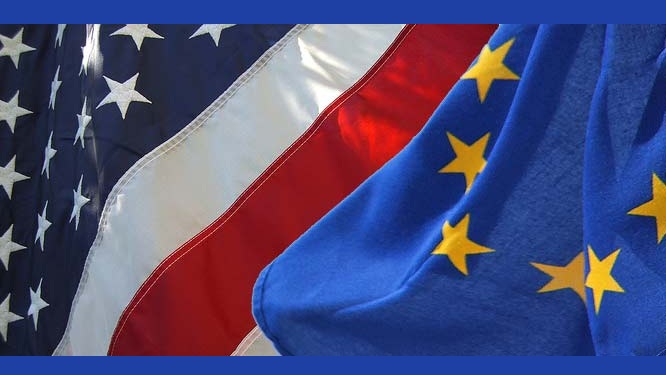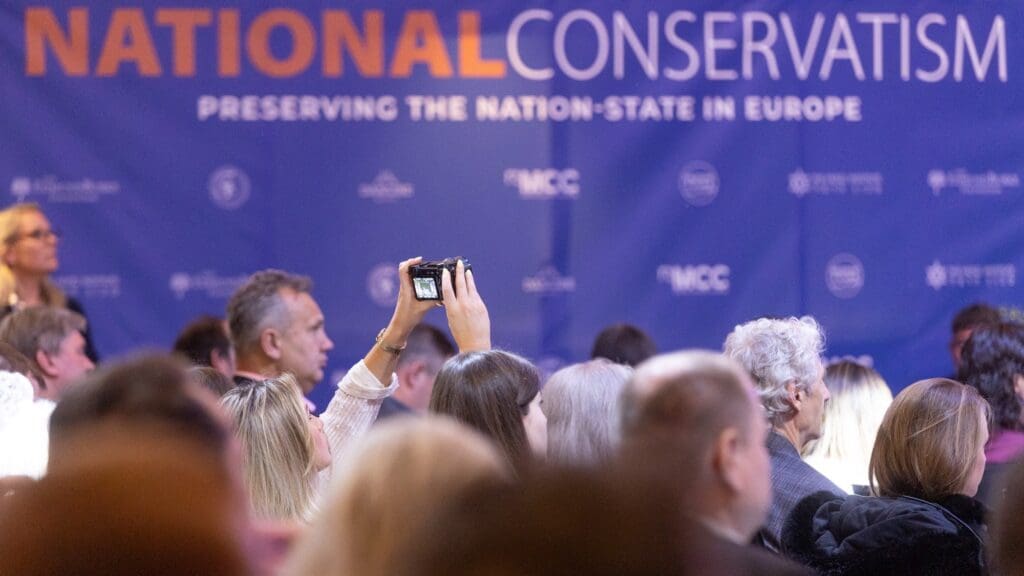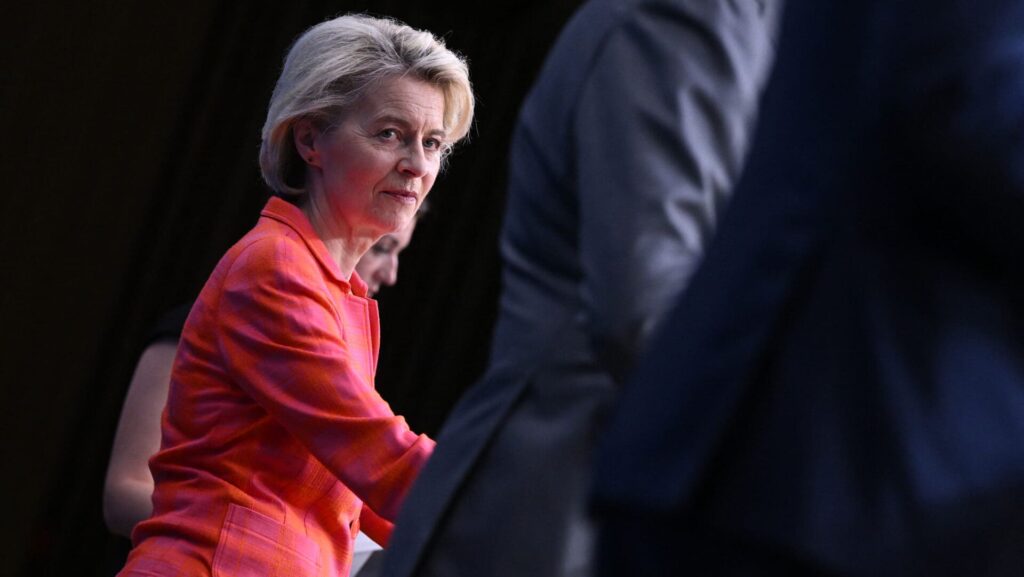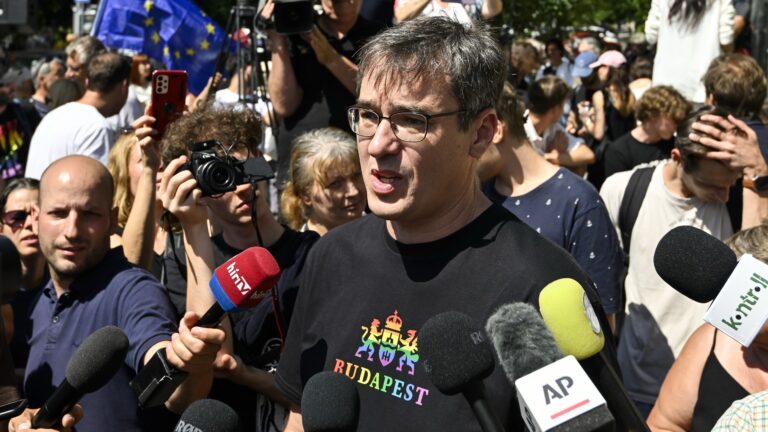As we have reported, last Sunday US President Donald Trump announced a new trade agreement he had signed with the European Union. Thus far, the prevailing opinion is that the new deal favours the United States a lot more than the EU.
Máté Tóth, an international and energy attorney, also shares that view. He was a guest on the Hungarian news channel Hír TV’s morning programme Napindító (Day Starter) on Wednesday, 30 July, to share his expertise on the matter.
Tóth started his piece by saying that neither EU Commissioner for Trade Maroš Šefčovič’s celebratory nor Prime Minister François Bayrou of France’s gloomy interpretation is correct. He pointed out that the ‘tariff wars’ originally started because the EU had a lot higher tariff rates in place for US imports than the other way around. However, overall, he shared his belief that the new trade has put Europe in a subordinate position in relation to the US.
Referring to the new tariff rate of 15 per cent on EU products coming into the US, and 0 per cent on US products coming into the EU, Tóth quipped: ‘I can hardly think of any sport where 15–0 would result in a win for the side scoring 0…This is a stunning defeat [for the EU].’
He went on to point out that certain products have been made exempt from the 15-per-cent tariff rate, such as certain chemical products, genetic medicines, and rare earth minerals—the things the United States actually needs from Europe. On the other hand, steel and aluminium imports from the EU have been hit with a special, 30-per-cent tariff rate.
Tóth also told the audience that the investment commitments from Brussels—$750 billion in energy and an additional $600 billion in other investments—to the US may be an even bigger burden than the new tariff rates. If the EU justifies that with securing additional support to Ukraine, it shows a blind ideological commitment to the cause, the expert warned.
He then raised concerns that it is completely unclear how the EU would finance its new commitment to purchasing $750 billion worth of energy products from the US, and how it would distribute that among its Member States—especially given that it is not national governments that purchase these products, but private energy companies. Thus far, EU countries have only spent around $89 billion a year on US energy imports combined, he pointed out.
‘Europe is trying to simultaneously support Ukraine, electrify and transition to green energy with REPowerEU, wants to build its own defence industry, and now, on top of all that, pours money into the United States and buys expensive liquid gas and oil from them. You cannot do all these things at once,’ Tóth declared.
He also raised scepticism over how Brussels would even enforce the terms of the US trade deal on its Member States, as its treaties give no clear power to do so. There, he sarcastically noted: ‘As we got used to it by now, rule of law concerns only exist in Hungary within the EU,’ in reference to the fact that the EU leadership has routinely breached its own rules to further its agenda.
Related articles:







